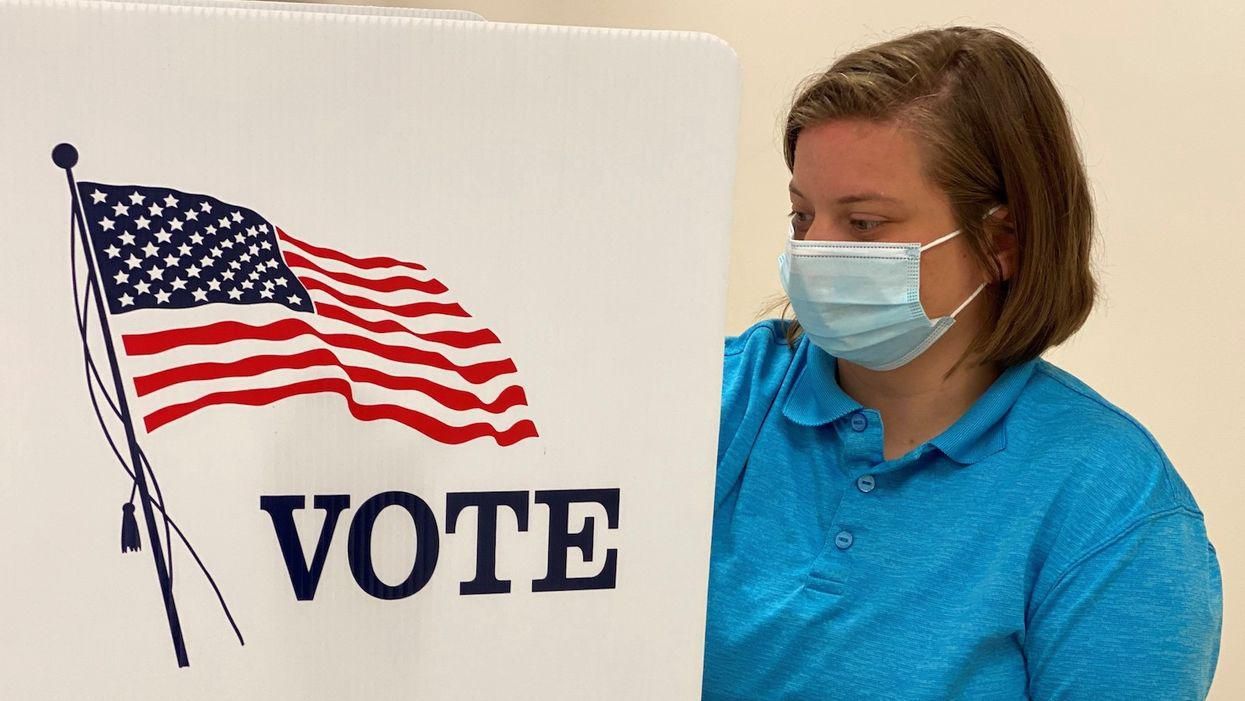Critics are becoming increasingly concerned that the Electoral College is hijacking democracy


"If anything, representative democracy in the 21st century is about political equality. It's about one person, one vote — everybody's vote-counting equally," he said. "You're not going to convince a majority of Americans that that's not how you should do it."
Wegman also noted another issue: the extent of the Electoral College's influence in swaying the outcome of presidential elections. Despite President Joe Biden receiving 7 million more votes than Trump, the Electoral College could have changed the entire outcome of the election if Trump had just received 45,000 votes in three other key battleground states.
"In 2020, despite the 7 million-vote victory that Joe Biden won in the popular vote, people overlook the fact that 45,000 votes switch in the three key battleground states, and you're looking at a second term of Donald Trump," he said. "I mean, the fact that you could have the entire outcome of the election ride on 45,000 votes in three random states is, you know, just a huge, glaring vulnerability for any republic."
The publication also included election law experts who said they're concerned about the cracked foundation the Electoral College stands on. Harvard University political scientist Gautam Mukunda also noted the imbalance in the number of electors designated for each state which is determined by states' representation in the House and Senate. In many cases, states with smaller populations have a tendency to receive additional votes.
"The fact that in presidential elections people in Wyoming have roughly 44 times the power of people in California is antithetical at the most basic level to what we say we stand for as a democracy," he said.
Brad Smith, a former member of the Federal Election Commission, also noted that the shift in the popular vote comes as a warning for the Republican Party. According to Smith, the real reason Republicans keep losing presidential elections is because they do not have enough voters.
"They keep losing the aggregated popular vote," he said. "Republicans aren't getting enough votes, and that's why they're losing most presidential elections. And, you know, they need to think about, how do we appeal to more people?"